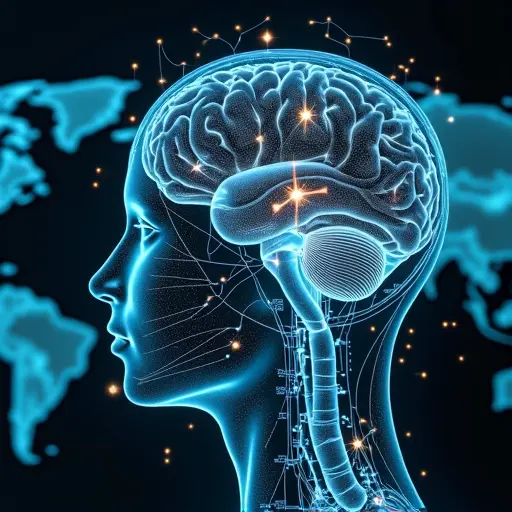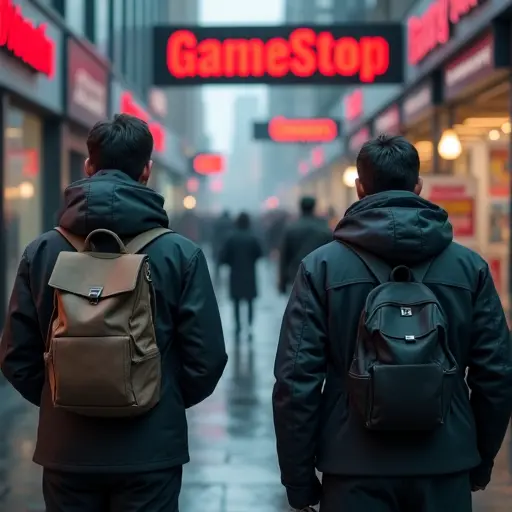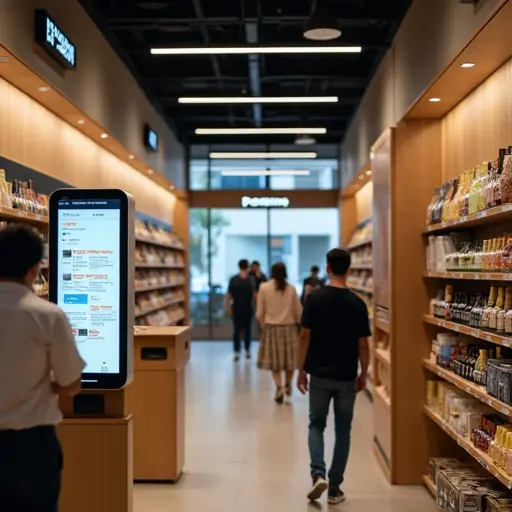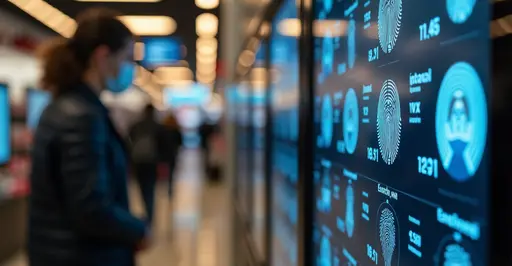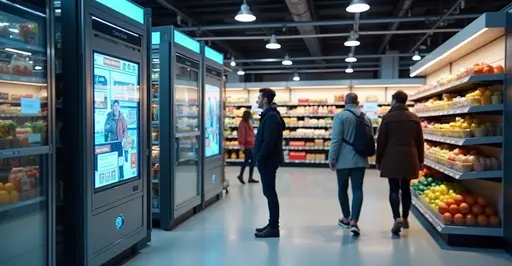
The Future of Shopping Arrives
Urban centers worldwide are welcoming a retail revolution as autonomous stores powered by computer vision open their doors. These checkout-free shops use advanced AI systems to track purchases automatically, letting customers simply grab items and walk out.
How Computer Vision Changes Shopping
The technology combines ceiling-mounted cameras, weight sensors, and deep learning algorithms to monitor every item picked up or returned to shelves. When you enter through turnstiles using a dedicated app, the system creates a virtual cart that updates in real-time. Walk out with products? Your linked payment method gets charged automatically with a digital receipt sent instantly.
Amazon pioneered this with its Just Walk Out technology, now in over 170 locations globally. "Our system processes 20-30% more customers per hour than traditional stores," says an Amazon spokesperson. Other retailers are rapidly adopting similar systems:
- Aldi's ALDIgo (partnering with Grabango/AiFi)
- Carrefour's Flash 10/10 in Paris
- SPAR's Scan.Pay.Go across Europe
Why Retailers Are Investing
Long checkout lines cost retailers nearly $38 million annually in abandoned purchases. Autonomous stores solve this while providing valuable data insights. Shufersal in Israel reported 30% higher basket sizes after implementing Trigo Vision's AI system.
Benefits include:
- 24/7 operation without staff
- Reduced theft through constant monitoring
- Real-time inventory tracking
- Personalized promotions via app integration
Privacy Concerns and Solutions
While some worry about surveillance, companies like Standard Cognition use anonymized tracking - assigning shoppers color codes instead of facial recognition. European GDPR-compliant systems like Żabka Nano only store purchase data for 48 hours.
"We don't identify individuals, just product movements," assures AiFi's CEO. Most systems operate without facial recognition due to regulatory restrictions in many regions.
What's Next?
Over 10,000 autonomous stores are projected by 2026. New developments include:
- Wheeled Moby Marts (self-driving micro-stores)
- Age verification for alcohol via Yoti integration
- Multi-retailer apps allowing cross-store purchases
As Grabango's CTO notes: "This isn't about replacing workers - it's about eliminating wait times. Staff transition to customer assistance and restocking roles."

 Nederlands
Nederlands
 English
English
 French
French
 Deutsch
Deutsch
 Espaniol
Espaniol
 Portugese
Portugese




